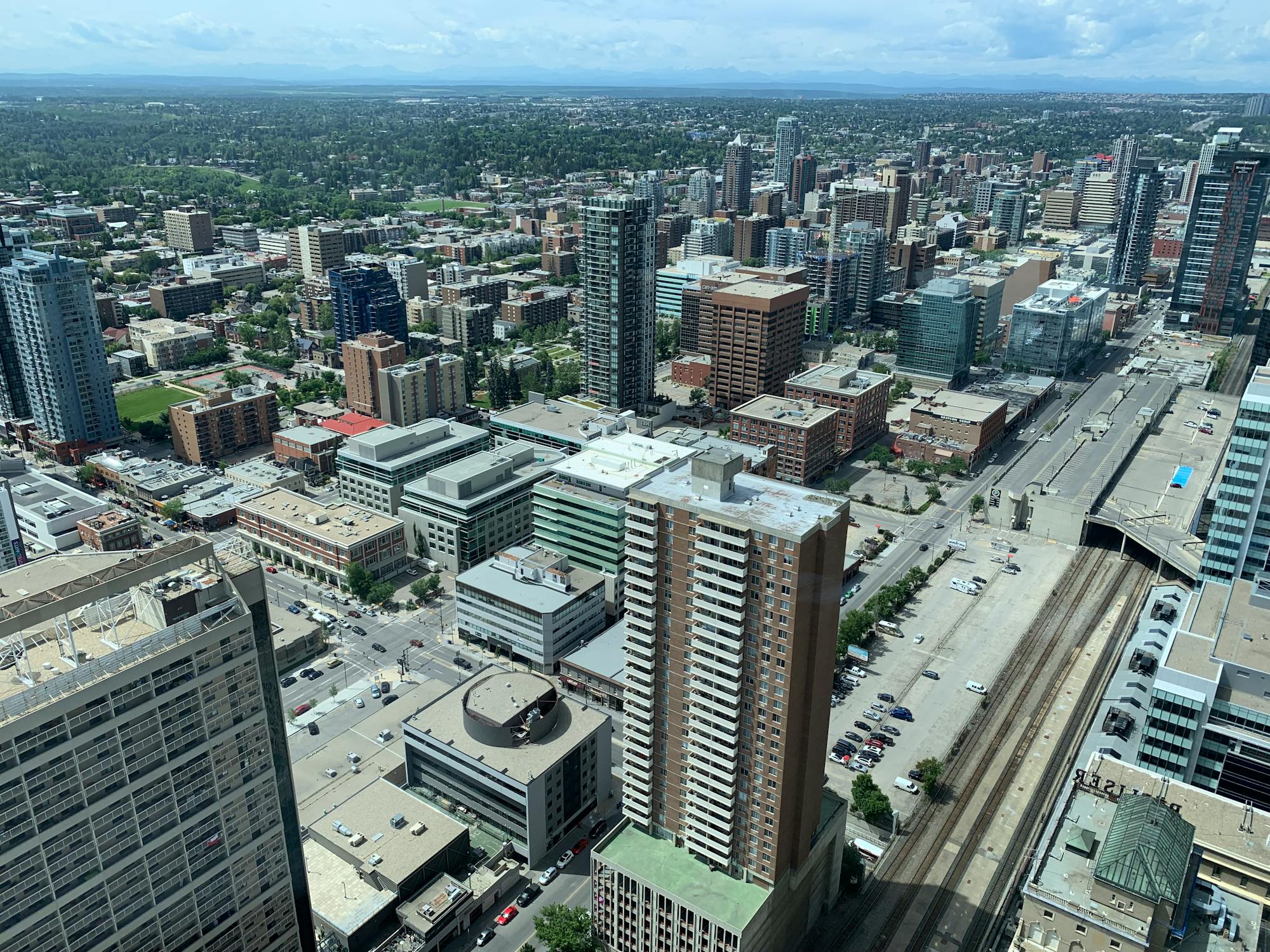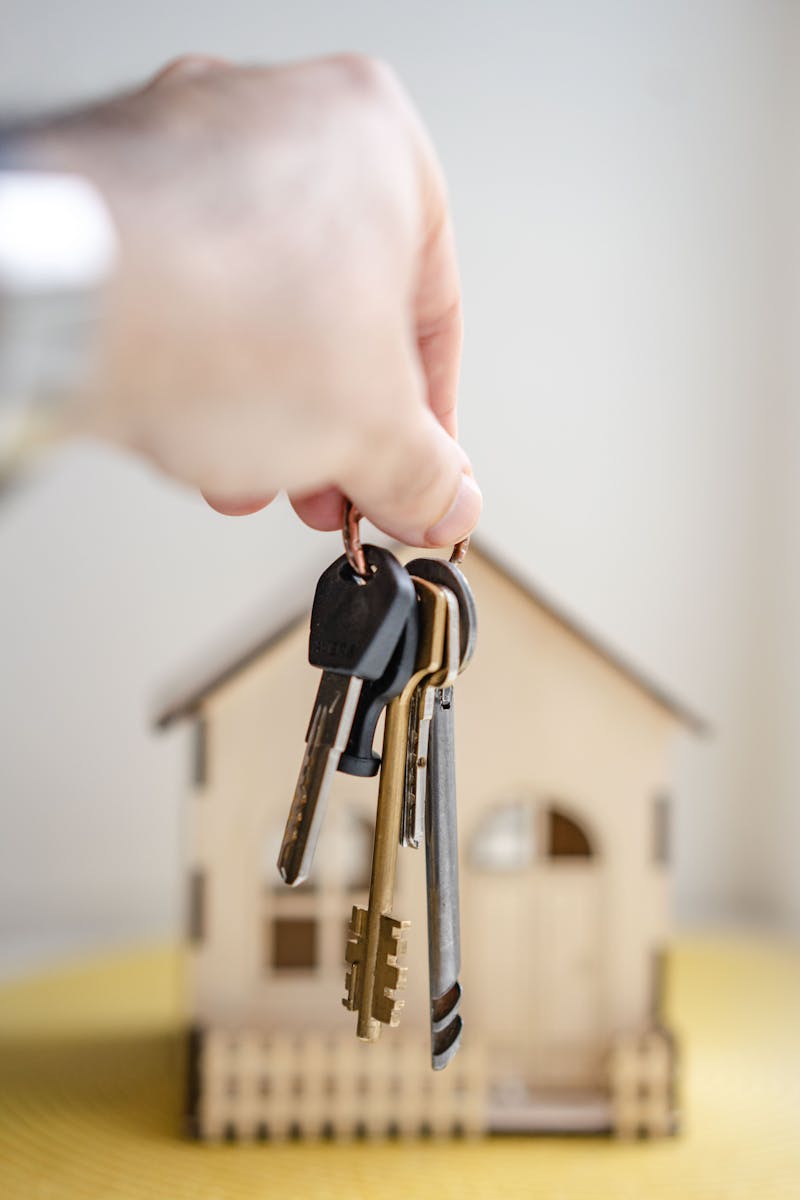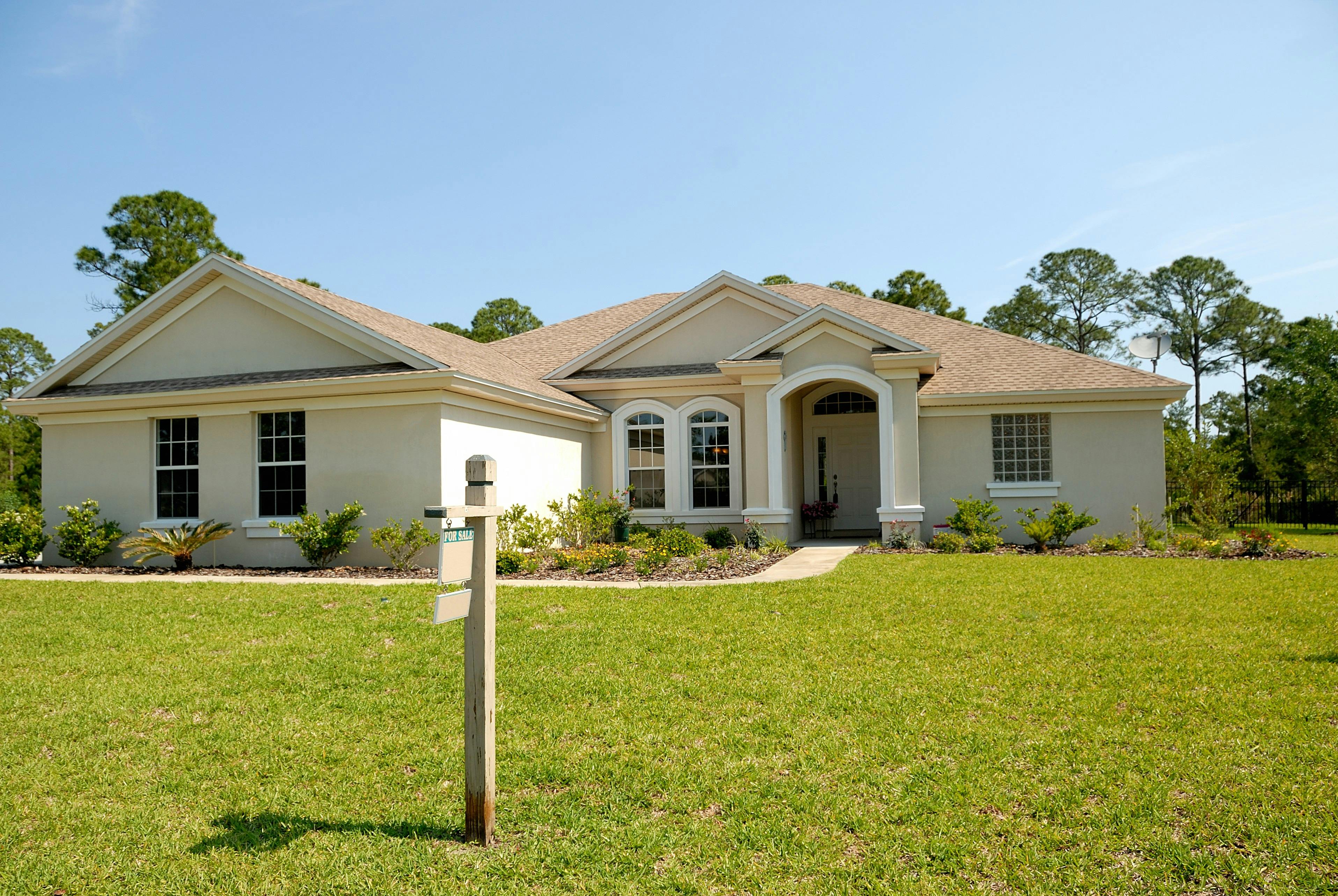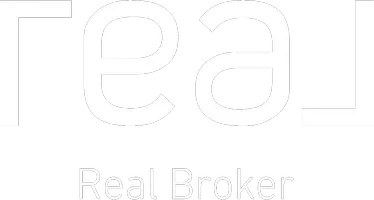
Navigating the Calgary Real Estate Landscape: Your Comprehensive Guide
1. Should I buy a home in Calgary? If you're considering purchasing a home in Calgary, you're onto a promising venture. Calgary boasts a vibrant real estate market with a mix of urban and suburban options. From the scenic views of the Rockies to a thriving cultural scene, buying a home in Calgary o

Cost of Selling Your House in Alberta
Cost of Selling Your House in Alberta Selling your house can be an exciting and stressful time, but it's important to understand the costs associated with the process. In Alberta, there are several expenses you can expect to pay when selling your home. These costs can vary depending on a variety of

Should You Sell a House Without a Realtor?
Should You Sell a House Without a Realtor? Selling a house is a big decision, and it's natural to wonder whether you should sell it with or without a realtor. While a realtor can provide valuable services, such as marketing your property and negotiating with potential buyers, they also charge a com
Categories





